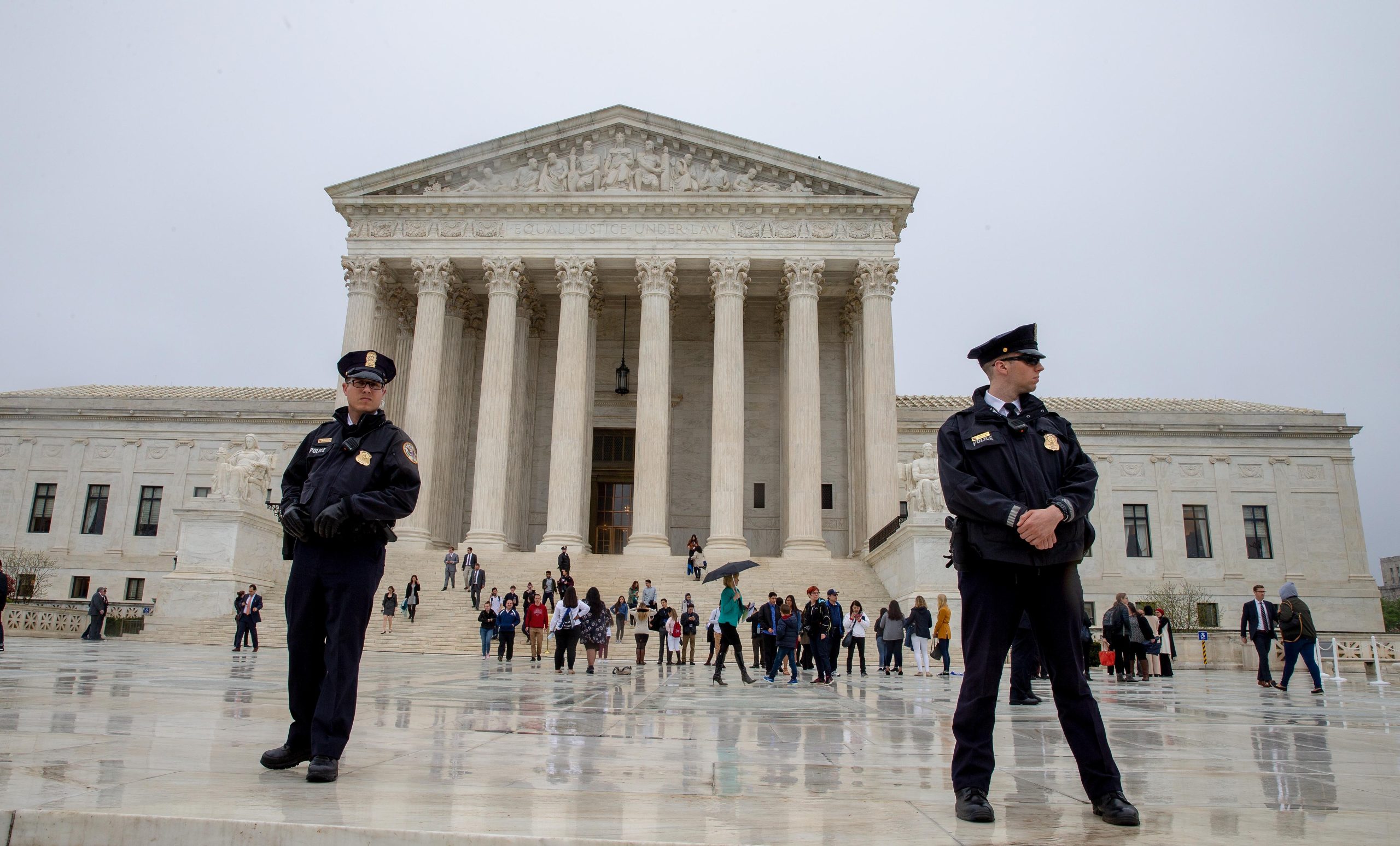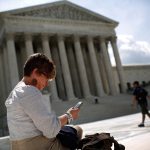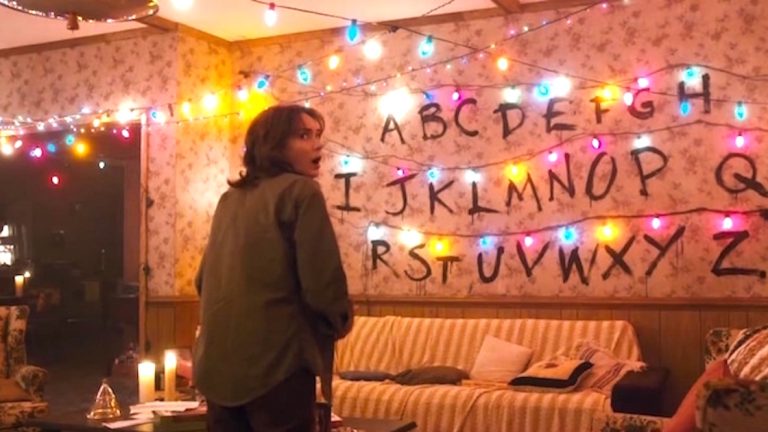In a 5-4 decision issued Friday, the Supreme Court of the United States ruled that if the government wants to collect a suspect’s cell-site location information (CSLI)—detailed, granular data that shows where a person is every few seconds—it needs a warrant to do so.
"Accordingly, when the Government tracks the location of a cell phone it achieves near perfect surveillance, as if it had attached an ankle monitor to the phone’s user," Chief Justice John Roberts wrote in the majority opinion.
However, the court also suggested that there was a seeming arbitrary line of six days, ruling that law enforcement certainly definitely needed a warrant to get CSLI for more than that amount of time. The majority of the Supreme Court justices did not fully explain why they drew the line there, much to the frustration of the dissenting minority.
The court notably declined to overturn the controversial "third-party doctrine," the 1970s-era legal precedent that found there was no "reasonable expectation of privacy" in data collected by a third party, like a phone company. The third-party doctrine, which was created by two cases known as Smith and Miller, was the underpinning for the National Security Agency’s Section 215 metadata program, which was exposed by former contractor Edward Snowden.
Building on two other previous pro-privacy decisions that the court reached in recent years, the majority found that cell phones are different.




 Loading comments...
Loading comments...
